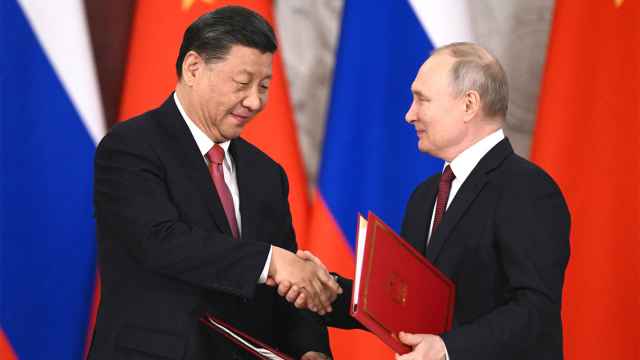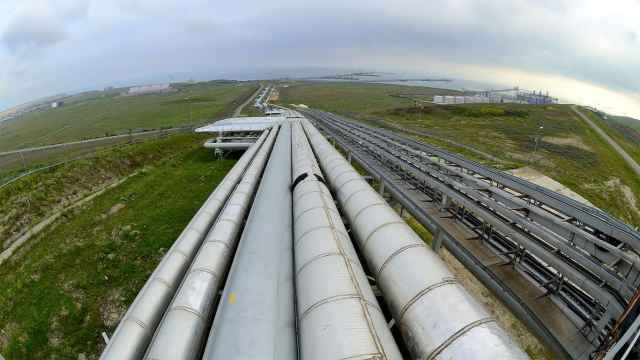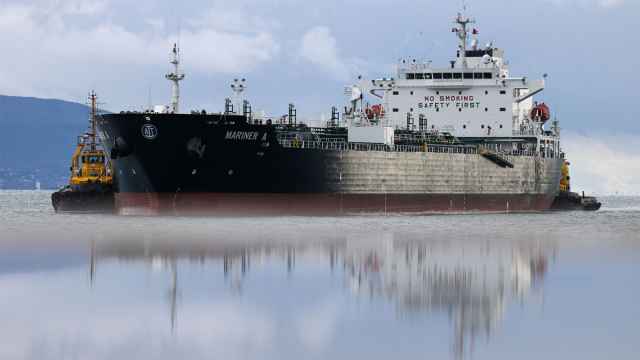The Czech Republic no longer needs to import Russian oil following the completion of an expansion to the Transalpine Pipeline (TAL) from Italy, Prime Minister Petr Fiala announced Tuesday.
"The construction of this expansion has now been completed," Fiala told reporters. "Russia can no longer blackmail us, and we have a guarantee that we can completely supply ourselves with oil from the West."
The TAL pipeline transports oil from the Italian port of Trieste to southern Germany, where it connects to the IKL pipeline supplying the Czech Republic. The expansion doubles the country's oil import capacity via TAL to eight million tons per year.
Finance Minister Zbynek Stanjura said the expansion, costing 1.5 billion Czech koruna ($61 million), was financed by the state-run oil transit company Mero.
Since the 1960s, the country has relied on the Russian Druzhba pipeline for oil, a remnant of its time as part of Soviet-aligned Czechoslovakia. After Russia invaded Ukraine in February 2022, the EU banned most Russian oil imports, though the Druzhba pipeline was initially exempted due to limited alternatives.
Fiala previously pledged to remove the exemption as soon as alternative oil supplies became available.
Mero CEO Jaroslav Pantucek confirmed that, while minor work remains on the expanded pipeline, the country can now fully supply local refineries via TAL. "We are fully capable of supplying oil to the Czech Republic if supplies via Druzhba are halted," he said.
In 2023, Russian oil still accounted for 58% of Czech oil imports, according to the industry and trade ministry.
The TAL pipeline, operational since 1967, is owned by a consortium of eight oil firms, including Mero and global energy giants Shell, Eni and ExxonMobil.
A Message from The Moscow Times:
Dear readers,
We are facing unprecedented challenges. Russia's Prosecutor General's Office has designated The Moscow Times as an "undesirable" organization, criminalizing our work and putting our staff at risk of prosecution. This follows our earlier unjust labeling as a "foreign agent."
These actions are direct attempts to silence independent journalism in Russia. The authorities claim our work "discredits the decisions of the Russian leadership." We see things differently: we strive to provide accurate, unbiased reporting on Russia.
We, the journalists of The Moscow Times, refuse to be silenced. But to continue our work, we need your help.
Your support, no matter how small, makes a world of difference. If you can, please support us monthly starting from just $2. It's quick to set up, and every contribution makes a significant impact.
By supporting The Moscow Times, you're defending open, independent journalism in the face of repression. Thank you for standing with us.
Remind me later.






